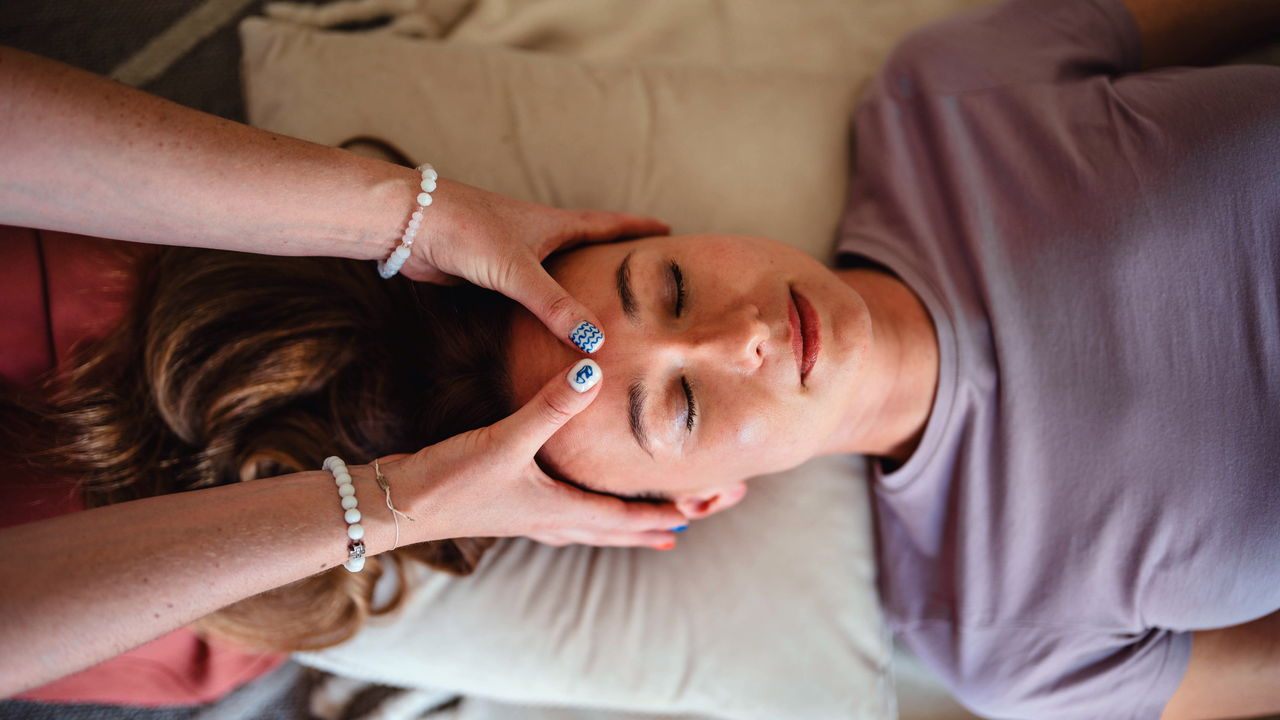
Your browser does not support the <audio> element.
The FaceGym studio in central London looks more like a hair salon than a fitness studio. Customers recline on chairs while staff pummel their faces with squishy balls. They use their knuckles to “warm up” skin and muscles; give it a “cardio” session to improve circulation; and then a deep-tissue massage. Customers, who spend at least £100 ($133), say they leave with less puffy cheeks and more defined jaw lines.
The booming market for facial workouts offers the hope of looking younger and more chiselled. A third of Britons who had a non-invasive facial treatment in 2023 had or were interested in having a face workout, says Mintel, a research firm. Their growing popularity may be a result of customers frowning at conventional facials, which involve lathering with lotions and invasive cosmetic procedures. Inge Theron, Facegym’s founder, got into facial workouts after a having “thread lift”, which uses temporary sutures, that went wrong.
Facial workouts could be lucrative if they grab even a sliver of a market for injectable procedures, such as botox and fillers, that will be worth over $5bn in North America in 2025, according to McKinsey, a consultancy. It will help that the clientele is not limited to the usual spa-goer. At Face Flex in Dubai 45% of customers are male, says Nikisha Singh, a co-founder of the firm, attracted by the idea that this is a form of exercise.
Faces can be worked out at home, too. Apps such as Luvly provide personalised instructions for the stretching and contortions of face yoga. Tools are also a big business. Social media is filled with videos of dewy-skinned women scraping at their faces with rollers made of jade or rose quartz. These can cost from $3 to over $100. Facegym sells a wand, which sends small electric pulses into the skin, for £633.
What of sceptics who raise a quizzical eyebrow? Dermatologists warn that touching your face too much can give you acne and stretching the skin could create wrinkles. There isn’t enough rigorous research into the effects of face workouts but, as Suzanne Olbricht, a dermatologist at Harvard Medical School, puts it, they probably can’t hurt. ■
To stay on top of the biggest stories in business and technology, sign up to the Bottom Line, our weekly subscriber-only newsletter.















